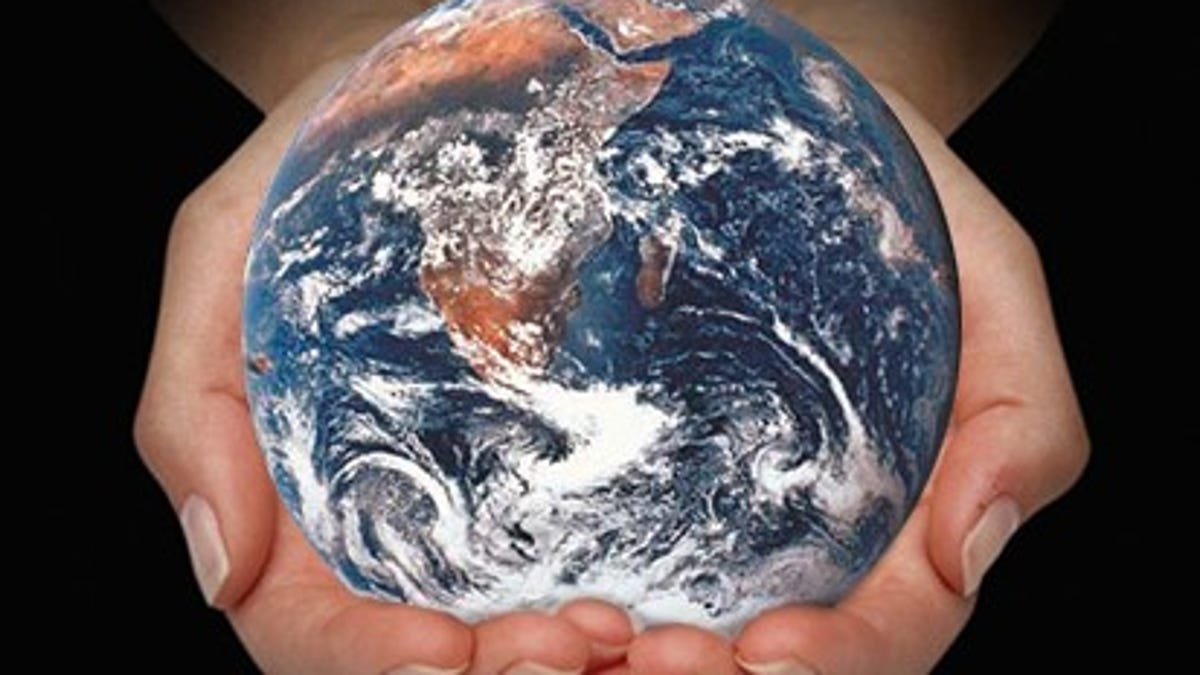The new digerati: connected for a reason
Gone are the days of 'net pour le net.' Although the number of new blogs (more than 120,000 new weblogs are created each day) is staggering (as is the number of deserted blogs), blogging has not become a social norm -- it remains the passion (or addiction
Steve Rubel wonders if "the Interruption Economy sacks prosperity:" "Conventional wisdom says that technology -- and nowadays the Internet -- will always continue to advance and bring with it productivity gains and prosperity. That's certainly been the case for years. However, historically there are pauses. After the benefits of the Industrial Revolution were fully realized it took awhile for the next big era to begin. I wonder if we're about to enter a similar lull now that the Information Age is arguably almost 30 years old." Rubel demands "we need new tools for managing interruptions -- and they may not be technological, but social. Our prosperity may depend on it."
Rubel is not the only one who expresses concern about the World Wide Web hampering productivity. He refers to Mark Cuban, who has made a similar case, and Idris Moote, who points at research showing that "interruptions from e-mail, cell phones, instant messaging, and blogs take up nearly 30% of each day, which -- on an annualized basis -- represents a loss of 28 billion hours for the entire US workforce." Are we on the way to becoming the United States of ADD? Are we a nation of knowledge workers with very little but heavily dispersed knowledge and only a bit of attention capital left? Will there be an information backlash, as a result of a new digital divide "between geeks and those who are blissfully and decidedly low tech" (Rubel)?
There are some serious signs indicating that the new generation of digital citizens, the twenty-somethings who have grown up with the Internet and are accustomed to ubiquitous information, may already be one step ahead. Gone are the days of 'net pour le net.' Although the number of new blogs (more than 120,000 new weblogs are created each day) is staggering (as is the number of deserted blogs), blogging has not become a social norm -- it remains the passion (or addiction) of a few. Furthermore, the average time users spend on social networking sites is on the decline, and the once explosive growth of social networks has stagnated. In fact, a certain Facebook fatigue has set in, and users (including, reportedly, Bill Gates) are leaving the site, deactivating their accounts (if they can). In its heyday, social networking was an activity, now it may finally be turning into what at least Facebook, according to its mission statement, has always claimed to be: a utility. (Of course, the ironic truth is that Facebook would never have experienced such explosive growth if its claim had been true).
The new digerati have brokered a new online/offline balance as they find their "first life" in the real world unexpectedly attractive: face time trumps Facebook. They do not respond to emails on the weekend, as they are hiking, traveling, or engaging in some world changing social endeavor -- from running an AIDS marathon to volunteering for the Obama campaign to founding their own non-profit. They share the sensation that one's fortune is not made in front of a screen and that "quality of life" is the prerequisite of a good life. The new digerati want to be connected but only for a reason. They build their own social networks and take advantage of the communication tools at hand -- but they have matured their use of them. They scoff at those who spend their time chained to the PC, while they themselves enjoy utmost mobility. Applications that aim to succeed with the new digerati need to provide utilitarian value for social users on the go: Take, for example GyPSii, a new social networking platform designed specifically for the mobile phone. It connects people, places, content, and events, but it is no longer a destination.
